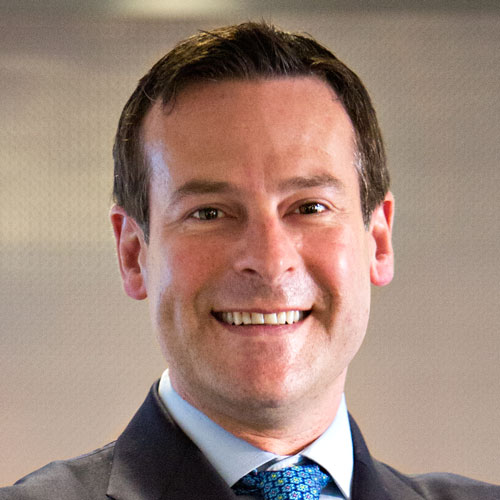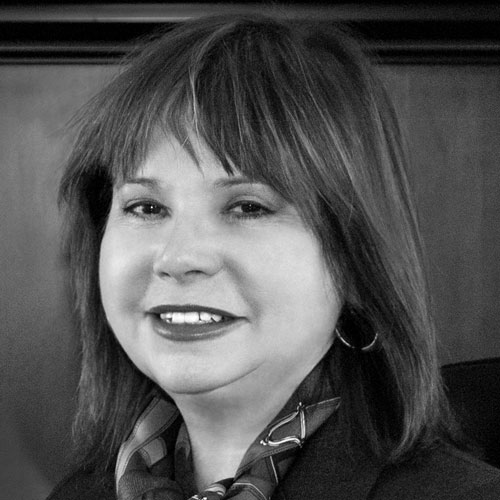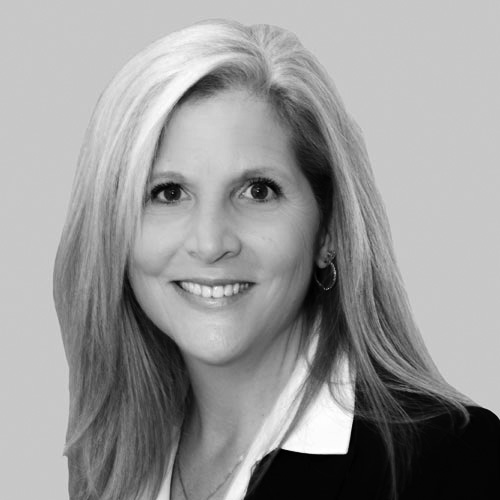In the beginning, there was Wilson Harvey Browndorf LLP, a white-shoe, full-service law firm. But then, at the behest of a client who had a large portfolio of mortgages in default, founder Matthew Browndorf launched BP Law Group for loan underwriting and loss mitigation, and Wilson & Associates to assist with the foreclosure process. “Very quickly we were Plutos Sama, a holding company with three law firms under it,” Browndorf says. Then potential disaster struck: a few years into building the business, Plutos Sama’s client stopped purchasing mortgages. “We were left asking what we should do next,” Browndorf says. “Market like everyone else? Close the company?”

The solution
There are numerous ways to get new clients, and Browndorf looked at all of them. He considered grassroots marketing to organically grow the business, buying a competing firm, or buying a vendor, for example. The latter, Browndorf says, is fairly common. Think of a manufacturer acquiring a technology company that supports some component of the manufacturing process. That is downstream growth, Browndorf says, and he had a better idea: look upstream. “What we decided to do instead was create the exact company our former client had,” he says.
Plutos Sama created an asset manager called Distressed Capital Management that puts together entire deals from start to finish. That is, it sources the assets, creates the structure, marshals the deal through closing, then manages the assets on a day-to-day basis as an asset manager would.
“By doing that, we were able to do the same transactions our former client did and sustain the law firms,” Browndorf says. Today, there are six companies under Plutos Sama. With any transaction involving distressed debt, two of them are involved in addition to Distressed Capital Management: Wilson Harvey Browndorf for corporate transaction work (acquiring the portfolios, negotiating purchase and sale agreements, and securitization) and BP Law Group (for loan underwriting and loss mitigation).
There were certainly risks involved, because Plutos Sama was essentially creating a startup, and most startups fail. Browndorf says it was difficult given that Distressed Capital Management was getting into the game late. “The guys that were supporting asset managers were well-established, so it was very hard to get their business by saying we’re better or different,” Browndorf says.
The structure of the company was also completely foreign to the financial markets and auditors. “We would go through due diligence with counterparties who initially didn’t understand why all these companies were owned by one person and wondered if it was a risk that might be difficult to ascertain or underwrite,” Browndorf says. “And auditors didn’t know how to book the revenue because we were booking it to an entity we owned.”
What Distressed Capital Management had going for it, Browndorf says, is that the company was launching on the back of other companies that were doing well. “We didn’t have to hire accounting and human resources people,” he says. “We just hired two high-level executives who really understood the space, and we were fortunate enough to get Rod Colombi who had formerly spent twenty years in the capital markets in the residential mortgage space.”
“Rarely has someone from outside the financial markets gotten to that level of assets in such a short period of time.”
In the end, the counterparties saw the value of having the asset manager connected to the law firm, doing foreclosures and loss mitigation as well as underwriting. “It meant everyone was motivated to move in the same direction,” he says. “An alignment of interests was comforting.”
The results
“Doing things the way we did, we controlled our own destiny,” he says. “We were able to say, ‘We, as Distressed Capital Management, hire BP Law for litigation and Wilson Harvey Browndorf for counsel.’”
Browndorf recommends looking upstream for clients in this way to any service company that has extra capital and bandwidth. All you have to do, he says, is look at who your clients are and decide if you can acquire some of them or build a similar business.
“After we spent all that money, we were waiting on the edge for the first client to come,” he says. And the client came. Distressed Capital Management began its road show in April 2013, and within ninety days, it had raised $180 million. Less than a year later, the following February, the company had $330 million in assets under management. Today, the law firms receive more business from Distressed Capital Management than they did from their former client.
“That’s an incredible story,” Browndorf says. “Rarely has someone from outside the financial markets gotten to that level of assets in such a short period of time.” Browndorf is excited about Plutos Sama’s progress and confident in the company’s exciting future.

